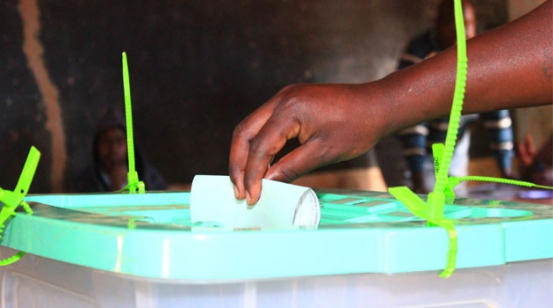×
The Standard e-Paper
Home To Bold Columnists

In Kenya, it is in order to look at political party manifestos with jaundiced eyes. We have heard consecutive generations of politicians promise heaven but deliver little. We are not supposed to hold them to account. We don’t even think we should hold them to account. There are throngs of politically correct tribal pseudo-scholars and ideologues, painting failed regimes in glowing colours and praising non-existent achievements.